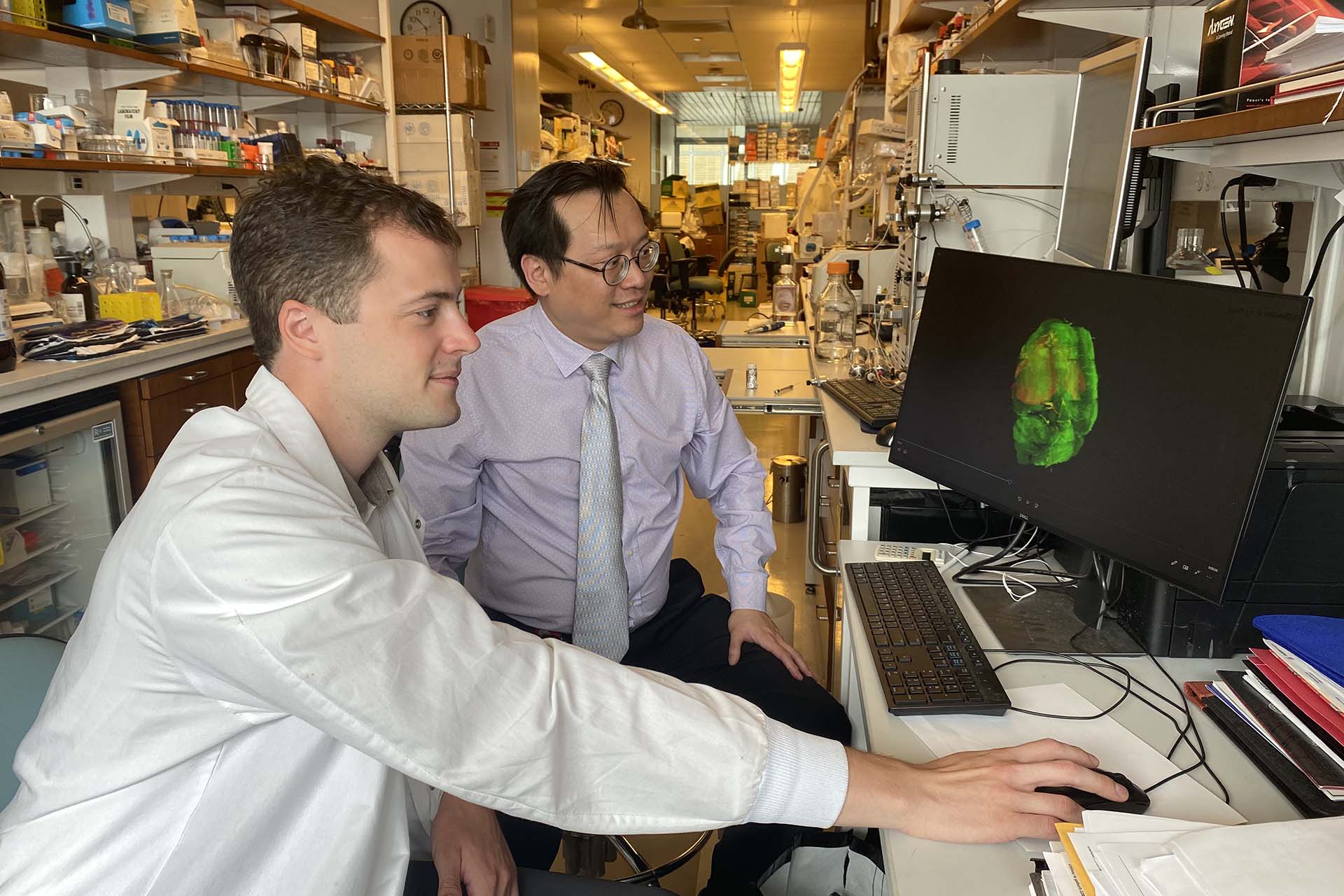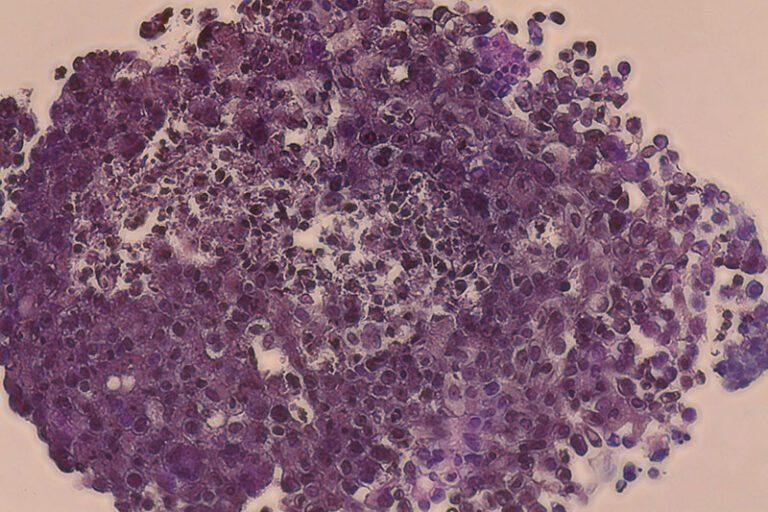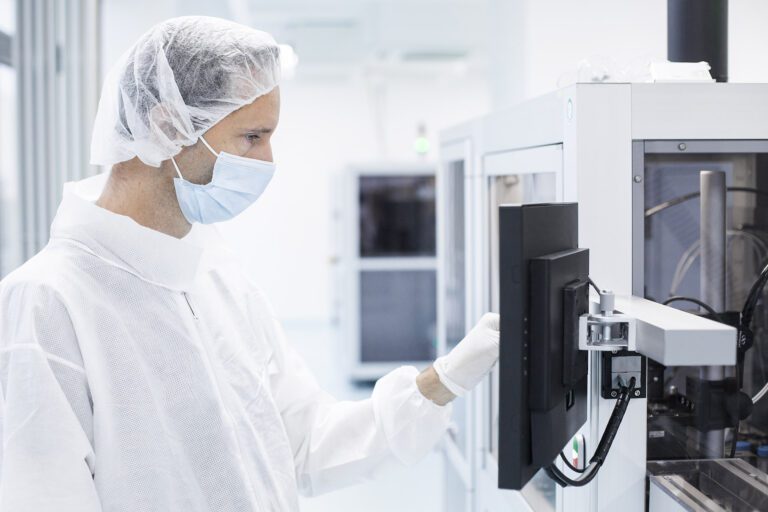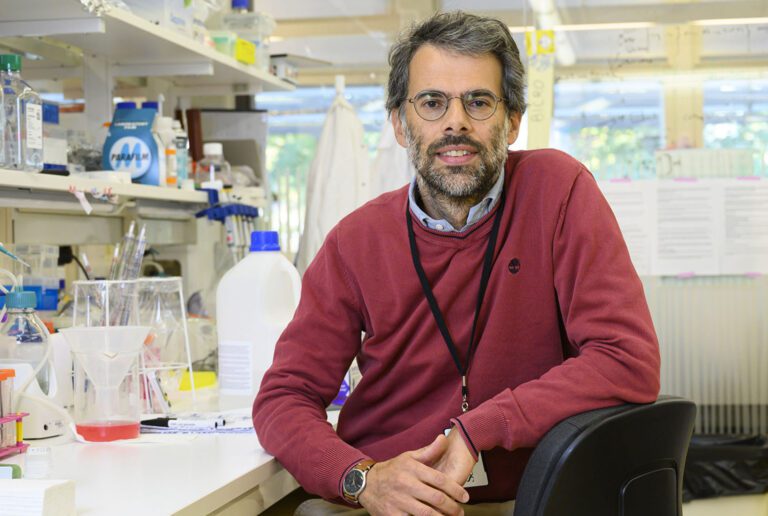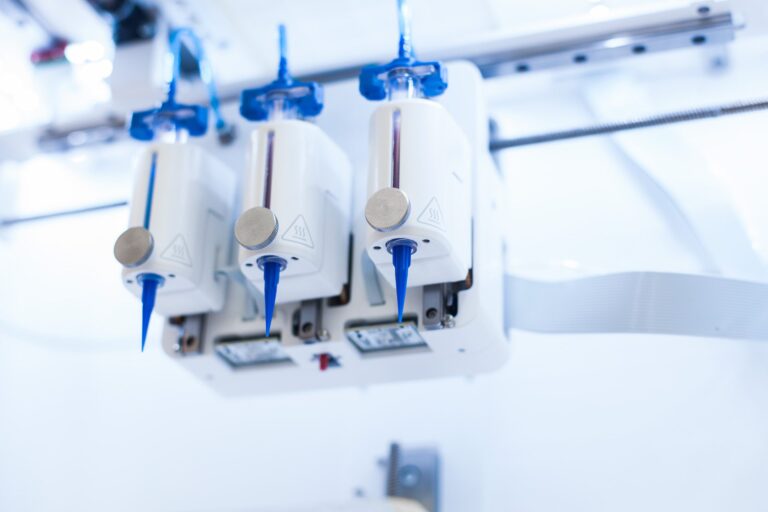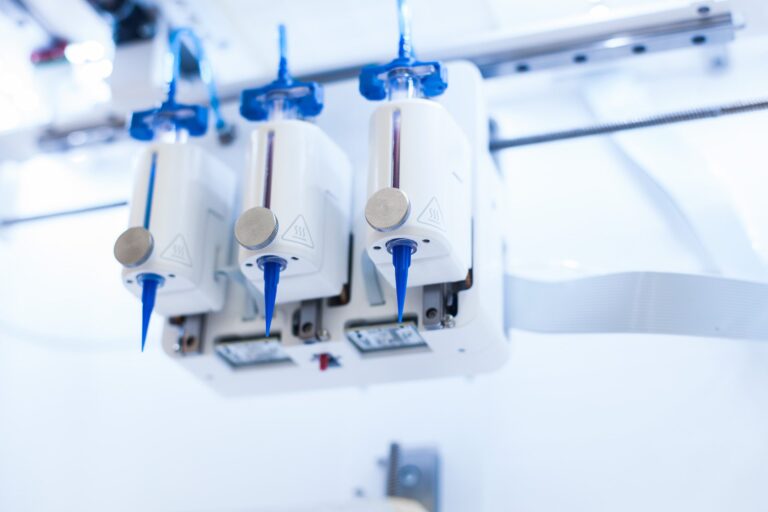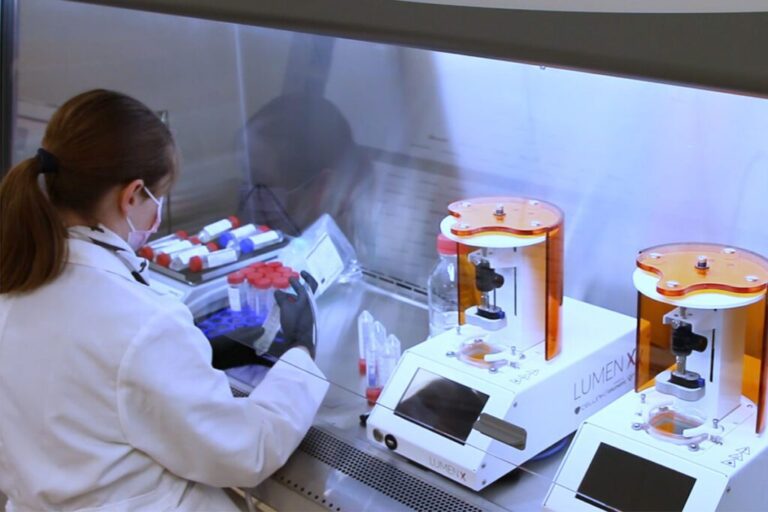More Efficient Delivery of Chemotherapy to Cancerous Brain Tumors
“Recently, people have been trying to directly inject chemotherapeutic agents into the brain, but one of the problems with this is that the drugs can be washed out very quickly and don’t have good distribution throughout the brain. We developed nanomaterials to improve the distribution as well as the retention of the drugs in the brain.”
Dr. Benedict Law, Associate Professor of Pharmacology
Dr. Benedict Law, an associate professor of pharmacology in the Radiology Department at the Weill Cornell Medical College, is developing nanomaterials to more efficiently deliver oncology drugs to the brain, eliminate cancerous tumors and, ultimately, improve the survival rate of patients with DIPG tumors among other brain cancers.
Visikol used light-sheet microscopy to help the researchers visualize the distribution of the nanoparticles within the brain in 3D. The murine brain samples treated with the novel nanoparticle-chemo approach underwent tissue clearing and fluorescent labeling before going to Visikol for tissue slicing, imaging and analysis. The resulting 3D image sets were then used to reconstruct 3D models of the brains.

